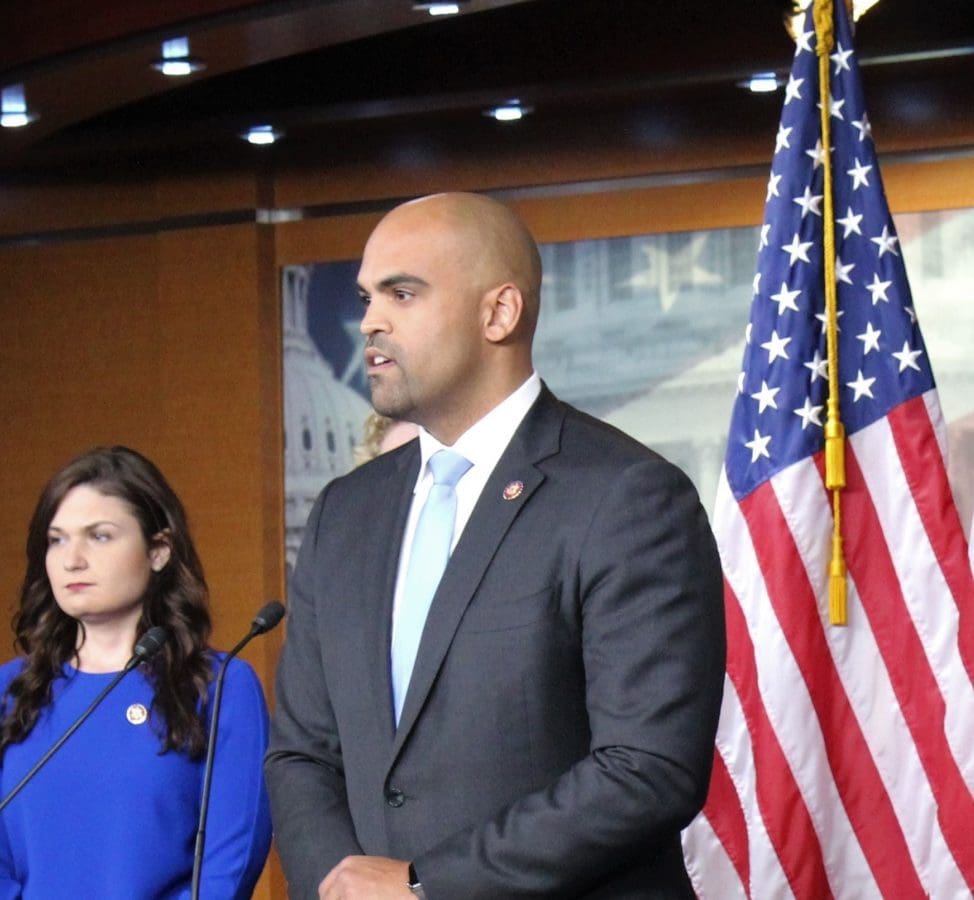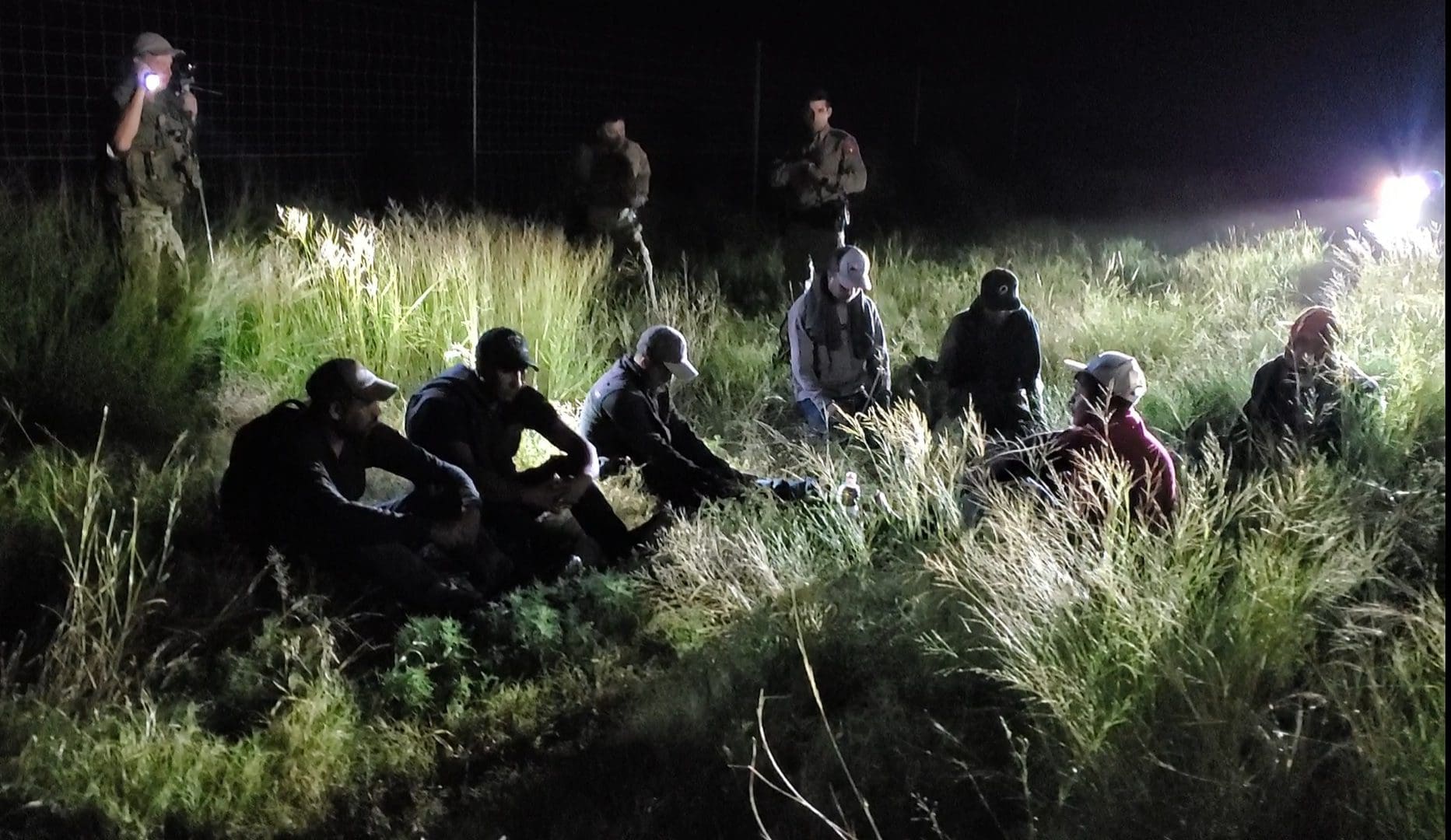A Texas judge hearing cases from Operation Lone Star is frustrated with the “willy-nilly” handling of legal paperwork.
Operation Lone Star—Texas’ ongoing multibillion-dollar border security effort to intercept illegal aliens and charge them with criminal trespassing—has been dealing with significant challenges in its court cases.
“Y’all are lawyers in the state of Texas,” Judge Penny Roberts admonished in a virtual pre-trial hearing for Kinney County cases Tuesday.
“You know what happens if somebody is an attorney of record and somebody else wants to be the attorney of record: then somebody’s got to withdraw, or somebody’s got to substitute in. That’s how it works under the rules. So, I’m not really sure why everybody just thinks that the rules don’t apply to these cases.”
The state is obligated to provide lawyers for illegal aliens charged with criminal matters when they are found to be indigent (unable to afford legal representation).
However, some of the lawyers assigned by the Lubbock Private Defenders Office—the organization tasked with assigning attorneys to defend illegal aliens in criminal cases by the Texas Indigent Defense Commission—have failed to appear before the court, after which LPDO appointed new counsel without the consent of the court.
Amrutha Jindal, the chief defender for LPDO’s Operation Lone Star program, argued that under a Texas Supreme Court order, her office has the power to reassign counsel for illegal aliens without following the traditional process laid out in the Texas Code of Criminal Procedure, which requires a judge to approve such reassignments to protect the interests of the accused.
Roberts said that although LPDO has the authority to appoint counsel under the Supreme Court order, they do not have the authority to reassign counsel without also providing the necessary paperwork to the court.
“You guys [have] got to clean this mess up,” said Roberts. “I’m seeing this over and over and over in cases, where LPDO just reassigns cases without the paperwork, and that’s not going to wash with this court.”
The lack of a current attorney of record means cases are continually delayed as logistics are worked out and new attorneys get up to speed on their caseload.
OLS defenders from Texas Rio Grande Legal Aid and Neighborhood Defenders Services argued that their organizations run similarly to a public defender’s office, which serves as the attorney of record and then lead attorneys are appointed within the agency.
“An assignment from LPDO is not the same as a motion to substitute or motion to withdraw. And I’m not going to treat it the same,” said Roberts. “It’s not the same, and you are not exempt from the rules under the state of Texas.”
Jindal attended Tuesday’s hearing and argued before the judge that TIDC and the Texas Supreme Court have allowed LPDO to reappoint without submitting paperwork to the court.
Roberts said, “I would be happy to see that specific authorization that says you don’t have to go through a judge to get someone withdrawn or substituted in, and that y’all are exclusively prohibited from having to follow the rules that every other law in the state of Texas follows.”
She then criticized LPDO’s usual handling of OLS cases:
Suddenly somebody will be set for trial, and a week before they’re set for trial, y’all remove and put somebody else. There’s no hearing before the court, there’s nothing. And suddenly, the entire court docket is disrupted.
Texas Scorecard has documented previous attempts by LPDO to defend illegal aliens in civil court on taxpayers’ dime and attempts to allegedly sabotage the judicial works of OLS.





